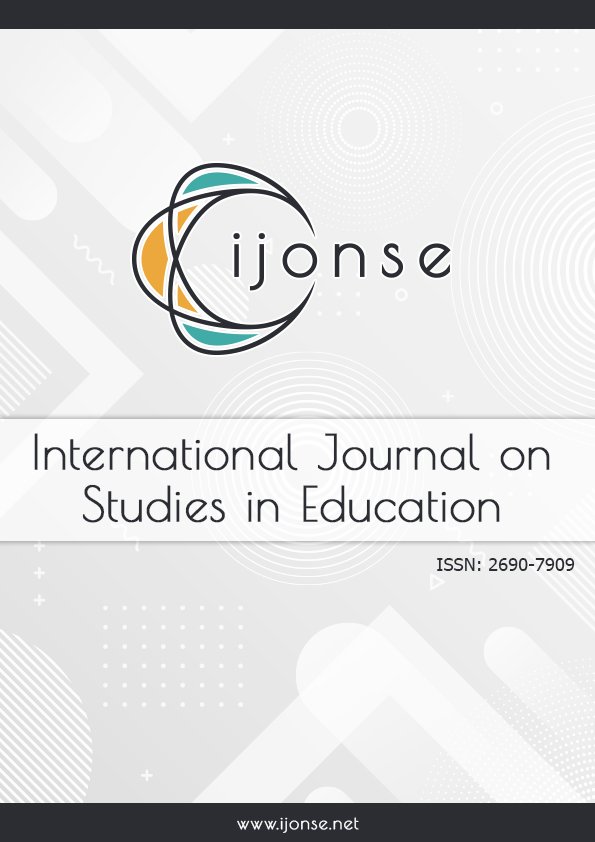Augmented Reality-Based Learning Media in Computer Systems Subjects
DOI:
https://doi.org/10.46328/ijonse.270Keywords:
Development, Learning Media, Augmented Reality, Computer Systems, State Vocational School 2 ArgamakmurAbstract
This research aims to develop Augmented Reality (AR)-based learning media in the Computer Systems subject at SMK Negeri 2 Argamakmur, with the hope of increasing the effectiveness and involvement of students in the learning process. This study uses the Research method and Development (R&D) with the ADDIE (Analysis, Design, Development, Implementation, and Evaluation) development model. The subjects of the study consisted of 30 grade XI students at SMK Negeri 2 Argamakmur. Data collection instruments included questionnaires to measure student and teacher responses, and tests to assess the increase in conceptual understanding. The media feasibility test was carried out through validation by material experts and media experts, as well as limited trials. The results showed that AR-based learning media received a "very feasible" rating from material experts with a score of 88.5% and from media experts with a score of 91.2%. Testing the effectiveness of the media on student understanding showed an increase in learning outcomes with an average pre-test score of 65.3 increasing to 82.7 in the post-test, with a rise of 26.5%. Student responses to this learning media were also very positive, with a percentage of satisfaction reaching 89.4%. Based on these results, it can be concluded that the AR-based learning media developed effectively improves student understanding and can be used as a learning medium in the computer systems subjects.References
Hartono, R., Riyana, A., Najamudin, & Mujahidin, E. (2024). Augmented reality-based learning media in computer systems subjects. International Journal on Studies in Education (IJonSE), 6(4), 673-685. https://doi.org/10.46328/ijonse.270
Downloads
Published
Issue
Section
License
Articles may be used for research, teaching, and private study purposes. Authors alone are responsible for the contents of their articles. The journal owns the copyright of the articles. The publisher shall not be liable for any loss, actions, claims, proceedings, demand, or costs or damages whatsoever or howsoever caused arising directly or indirectly in connection with or arising out of the use of the research material.
The author(s) of a manuscript agree that if the manuscript is accepted for publication in the International Journal on Studies in Education (IJonSE), the published article will be copyrighted using a Creative Commons “Attribution 4.0 International” license. This license allows others to freely copy, distribute, and display the copyrighted work, and derivative works based upon it, under certain specified conditions.
Authors are responsible for obtaining written permission to include any images or artwork for which they do not hold copyright in their articles, or to adapt any such images or artwork for inclusion in their articles. The copyright holder must be made explicitly aware that the image(s) or artwork will be made freely available online as part of the article under a Creative Commons “Attribution 4.0 International” license.

This work is licensed under a Creative Commons Attribution-NonCommercial-ShareAlike 4.0 International License.





